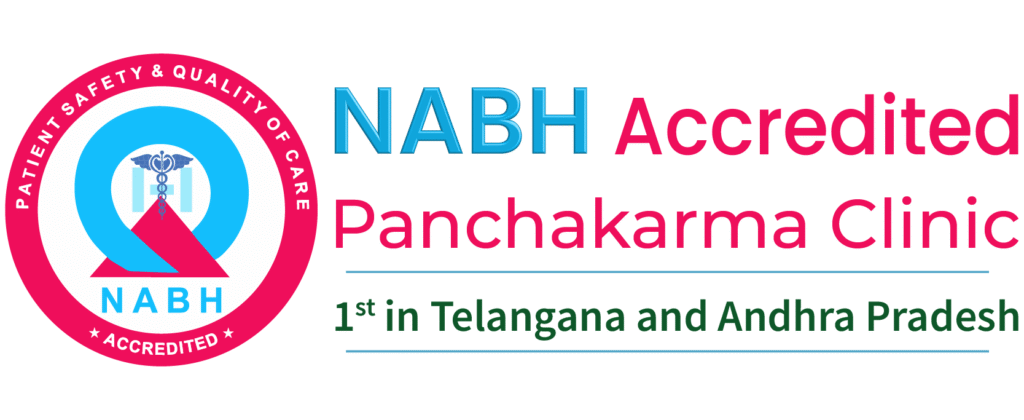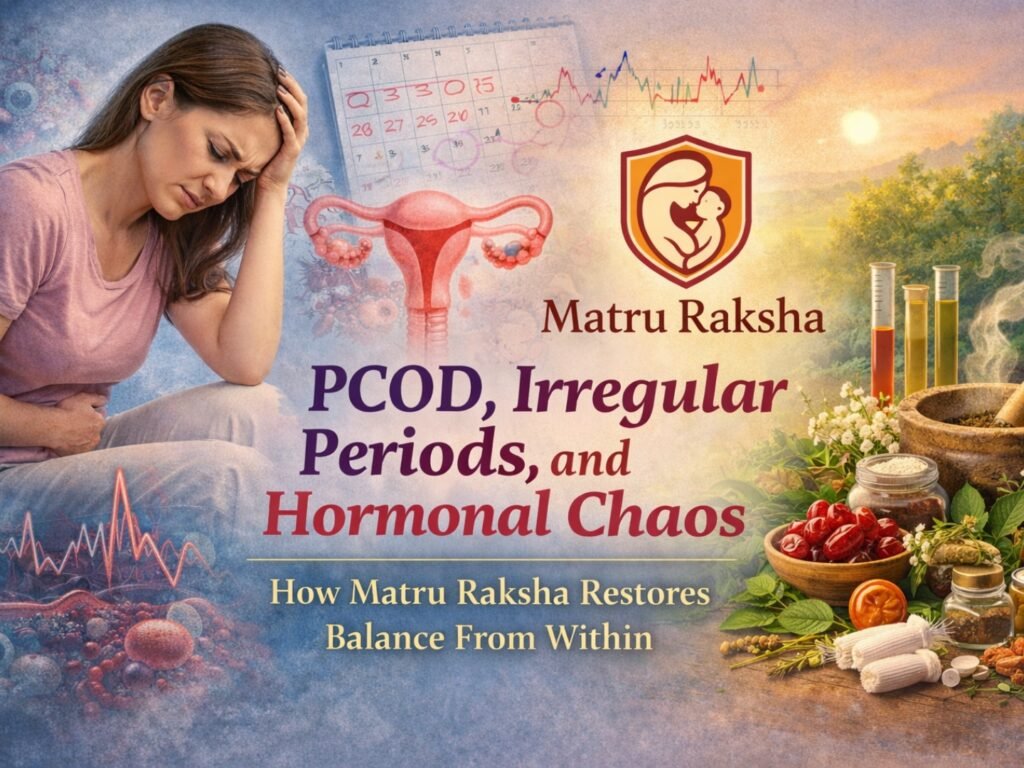Ayurveda addresses psoriasis by focusing on underlying imbalances, particularly in the Pitta dosha. A balanced diet rich in anti-inflammatory foods, such as leafy greens, fatty fish, and whole grains, plays an essential role in healing. Herbal remedies like neem, turmeric, and aloe vera offer skin support, while lifestyle changes, including mindfulness practices and regular exercise, enhance overall well-being. Discover more insightful strategies for holistic healing.
If you’re searching for a trusted Ayurvedic hospital in Bangalore or looking to consult the best Ayurvedic doctor in Bangalore, Ayurvedic management offers a safe and holistic approach to skin disorders.
Understanding Psoriasis Through an Ayurvedic Lens
Although psoriasis is commonly understood as an autoimmune condition characterized by red, scaly patches on the skin, Ayurveda interprets it through a holistic framework that encompasses the balance of body, mind, and spirit. In Ayurvedic terms, psoriasis may be linked to an imbalance of the doshas, particularly Pitta, which governs heat and transformation. This imbalance can manifest in excessive inflammation and skin disorders. Additionally, Ayurveda emphasizes the interconnectedness of emotional and physical health, suggesting that stress and unresolved emotions may exacerbate symptoms. Innovative Ayurvedic approaches focus on restoring harmony through natural remedies, herbal treatments, and lifestyle modifications. By addressing not only the physical manifestations of psoriasis but also the underlying emotional and environmental factors, Ayurveda offers a thorough strategy for healing and rejuvenation.
Dietary Recommendations for Psoriasis Management
A balanced diet plays an essential role in managing psoriasis, as certain foods can either exacerbate or alleviate symptoms. Incorporating anti-inflammatory foods, such as leafy greens, fatty fish, and nuts, can greatly contribute to skin health. Whole grains and legumes provide crucial nutrients that support the body’s healing processes. Additionally, reducing the intake of processed foods, refined sugars, and dairy may help mitigate flare-ups. Hydration is equally important; adequate water consumption promotes skin elasticity and reduces dryness. Spices like turmeric and ginger can be beneficial due to their anti-inflammatory properties. These strategies are often guided by experts offering ayurvedic treatment for skin diseases in Bangalore, helping patients make practical dietary changes that support their skin from within.
Ultimately, a diet rich in antioxidants and healthy fats can empower individuals to take charge of their psoriasis, fostering not only skin improvement but overall well-being.
Herbal Remedies and Treatments in Ayurveda
Managing psoriasis through dietary changes can pave the way for exploring additional avenues of relief, such as herbal remedies rooted in Ayurveda. This ancient system emphasizes the use of natural botanicals to restore balance and promote skin health. Notable herbs like neem, with its anti-inflammatory properties, and turmeric, known for its healing effects, are frequently employed. Additionally, aloe vera offers soothing benefits, while guggulu aids in detoxification. These herbal treatments not only address the external symptoms but also target underlying imbalances within the body. By incorporating these innovative remedies, individuals seeking alternatives to conventional treatments may find a holistic approach to managing psoriasis, ultimately enhancing their overall well-being and skin health.
Lifestyle Changes to Support Skin Health
While traditional treatments for psoriasis are important, incorporating lifestyle changes can greatly enhance skin health and overall well-being. A balanced diet rich in anti-inflammatory foods, such as fruits, vegetables, and omega-3 fatty acids, can support skin wellness. Regular physical activity not only aids in weight management but also promotes circulation, thereby improving skin condition. Hydration is essential; drinking ample water helps maintain skin elasticity and moisture levels. Mindfulness practices, including yoga and meditation, can reduce stress, a known psoriasis trigger. In addition, adequate sleep and a tailored skincare routine using natural products can fortify skin resilience. By combining these habits with ayurvedic treatment for stress and anxiety in Bangalore, individuals build a more robust foundation for healing. By embracing these innovative lifestyle adjustments, individuals can create a synergistic effect with their Ayurvedic treatments, fostering a holistic approach to healing psoriasis.
Frequently Asked Questions
1. How Long Does It Take for Ayurvedic Treatments to Show Results?
The duration for Ayurvedic treatments to demonstrate results can vary markedly, typically ranging from a few weeks to several months. Factors influencing this timeline include the individual’s unique constitution, the severity of their condition, and adherence to prescribed therapies. Innovative approaches within Ayurveda may expedite healing, emphasizing a holistic lifestyle and dietary adjustments. Continuous evaluation and personalized treatment play essential roles in achieving ideal outcomes, fostering a deeper connection between body and mind.
2. Can Ayurveda Completely Cure Psoriasis or Just Manage Symptoms?
The inquiry into whether Ayurveda can completely cure psoriasis or merely manage its symptoms reveals a complex landscape. While Ayurvedic practices aim to balance the body and promote healing, results vary among individuals. Some may experience significant symptom relief, while others might find only partial improvement. Ultimately, Ayurveda emphasizes holistic wellness, suggesting that complete cure may be elusive for many, yet effective symptom management remains within reach through tailored approaches and ongoing commitment to treatment.
3. Are There Any Side Effects of Ayurvedic Treatments for Psoriasis?
The question of potential side effects associated with Ayurvedic treatments for psoriasis warrants careful consideration. While many individuals report positive outcomes, some may experience mild gastrointestinal disturbances, allergic reactions to herbal ingredients, or interactions with conventional medications. It is essential to consult with a qualified practitioner to tailor treatments appropriately. Continued research and innovation in Ayurvedic practices aim to minimize risks while maximizing therapeutic benefits, ensuring a balanced approach to managing psoriasis.
4. Is Ayurvedic Treatment Safe to Use Alongside Conventional Medications?
The safety of combining Ayurvedic treatments with conventional medications is a nuanced topic. While some individuals report positive outcomes, it is essential to consult healthcare professionals before integrating these approaches. Potential interactions may arise, affecting efficacy or causing adverse effects. As a result, a careful, individualized strategy should be employed, emphasizing communication between practitioners. This integrated approach may offer innovative solutions for those seeking thorough management of their health conditions while minimizing risks.
5. How Can I Find a Qualified Ayurvedic Practitioner for Psoriasis?
Finding a qualified Ayurvedic practitioner for psoriasis involves several steps. First, seeking referrals from healthcare professionals or wellness centers can provide credible leads. Online platforms featuring practitioner reviews also aid in evaluating qualifications. It is essential to verify certifications and training in Ayurveda, along with experience treating skin conditions. Additionally, scheduling an initial consultation allows individuals to gauge compatibility and approach, ensuring a holistic and informed treatment journey tailored to their needs.












